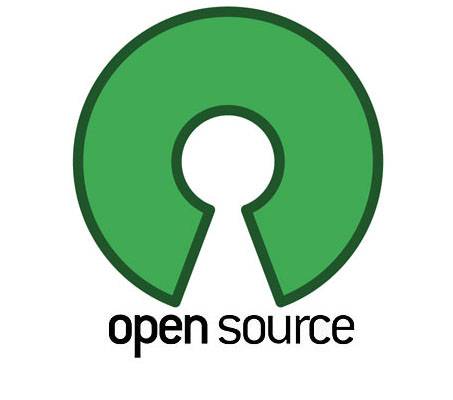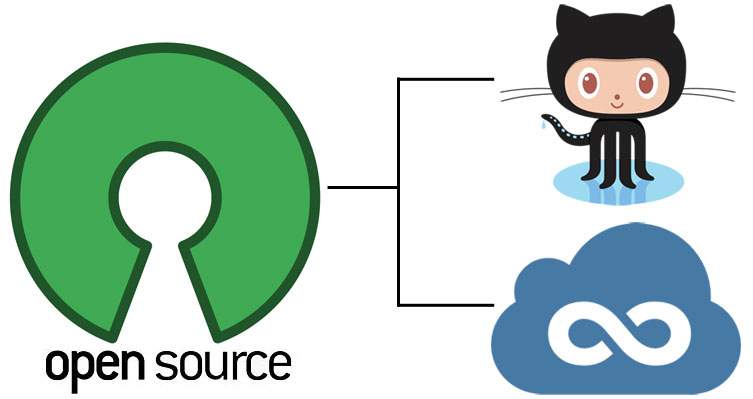

Giving Back With Open Source

Open Source software has long been one of the driving forces behind our online world. Much of the software that powers the Internet, from the most popular web servers, to the most popular web browsers, to the programming code and database engines that glue it all together, is either purely open source, or at least owes a lot to open source projects. We all benefit from these open projects. And for those of us in the web development world, we benefit directly. We use this stuff the way carpenters use hammers and nails. Some of our Open Source tools of choice include WordPress, Drupal, Magento, MySQL, PHP, and Apache. That's are pretty powerful group.
Open Source vs. closed source can be compared to democracy vs. dictatorship. With dictatorships, most of the decision making happens at the top of the pyramid. While in a democracy, the ultimate control is in the hands of those at the bottom of the pyramid -- the people. It is much easier for anyone to contribute at any level of the process. "Freedom" and "choice" are big parts of what open source is all about. Open Source projects and their users are often referred to as "communities". We can think of democracies as composed of communities too, but we wouldn't say the same of dictatorships. There is a different relationship between the leaders and the led.
And like a democracy, Open Source functions best when the citizens are engaged, and actively participate. And like a democracy, its easy to take, but we should also balance things and give something back too. And like in a democracy there are many ways to participate and to give.
Our Philosophy
At DBS, we believe in Open Source and we give back to the community. We are donating at least $100 at the end of every project to one of the Open Source projects that helped make our own project a success. We feel strongly this is the least we can do to help those that have helped us. We can't really expect people to work for free all the time. At some point, people have to cover costs and make a living.
Money may grease the wheels but there are other ways to participate and we would be remiss if we didn't mention and encourage those as well.
For those of us that write code, we can share code via github, jsfiddle and any of a number of other sharing sites. Who really writes 100% original code these days? No one! We all benefit from each others efforts. Sharing is a very Open Source way of operating.
Bug reports -- the health care system of software development. All code has, or will have, bugs. Some are obvious and some are not. Quality bug reports are a valuable development asset and harder to come by than it might sound. Anyone can say, "this doesn't work right." But often "this" is not well defined and the issue cannot be reliably reproduced. The first rule of bug reporting is to make sure the bug has not already been reported. If it has, then contribute to that bug report with whatever new information you might have. Duplicates waste time. If there is no similar bug report, start a new one and be sure to provide a way to reliably and easily reproduce the problem. Give details. If the development team has follow up questions, answer them timely.
Giving Back Through Conversation
Another way to give back is to participate in online forums and discussions dedicated to projects you like. Contribute to the discussion. Ask quality questions. Help other users solve problems. This may sound mundane, but it can help free up developers so they can concentrate on writing code instead of answering questions in support forums. Open Source projects are typically free of charge to use. The support is often in the form of community-based support -- user to user, not trained experts. The best Open Source projects have a good quality support system. If the users don't actively engage, then the developers either have to (and then not be able to concentrate on code), or ignore the support requests.
If you'd like to learn about our Open Source initiatives, or need help setting up your own, contact us for more information.




